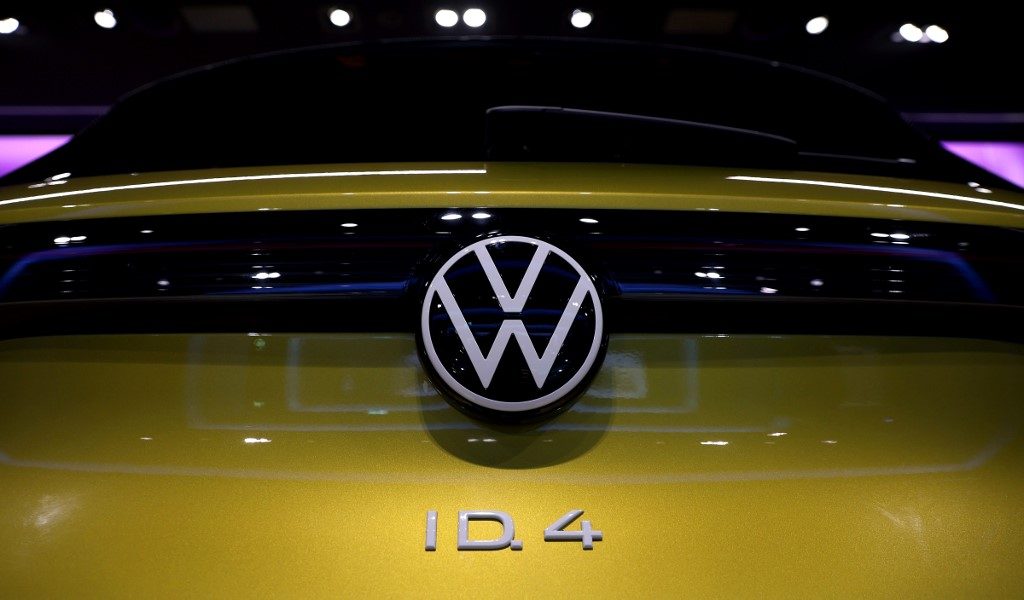SUMMARY
This is AI generated summarization, which may have errors. For context, always refer to the full article.

German auto giant Volkswagen is unlikely to meet European Union (EU) emissions targets until 2022, its chief executive said on Friday, December 4, which could result in hefty fines.
In an interview with German business weekly WirtschaftsWoche, Herbert Diess said the VW group was working “flat out to get as close as possible” to selling enough environmentally friendly vehicles to reach the bloc’s climate targets.
“Next year it will be easier, and from 2022 we shouldn’t have any more problems achieving the fleet targets,” he said.
Under new EU legislation that came into force this year, manufacturers’ fleets of newly-sold cars must emit on average less than 95 grams of CO2 per kilometer, on pain of fines from 2021.
To meet the goal, carmakers across the industry must massively increase their sales of electric and hybrid cars.
If they fall short of the carbon targets, carmakers risk fines that could run into hundreds of millions of euros (dollars).
Diess said the VW group – which includes the Audi, Porsche, Skoda, and Seat brands – “started relatively late” to convert its conventional fleet to lower-emissions vehicles, despite knowing that the targets were looming.
But he warned against a further tightening of green regulation, saying that VW’s pivot to electric could not be sped up much before 2025, “because there are not enough batteries.”
Last month, Diess told the Financial Times that VW would be within “a gram or so” of complying with the EU’s tough new pollution limits.
The company has pledged to invest more than 35 billion euros ($42.6 billion) in developing battery-electric vehicles over the next 5 years.
The environmental challenge comes at a difficult time for the CEO of one of the world’s largest carmakers, who is looking to extend his contract amid a reported boardroom power struggle.
Diess hopes to install his choices for chief financial officer and chief purchasing officer, but faces opposition from powerful works council leader Bernd Osterloh.
“My contract runs until 2023. And I plan to fulfill this contract,” Diess said, confirming that the situation was “not easy” and the next few months would be “crucial.”
German rival Daimler said in October that it was within “striking distance” of the EU emissions targets, while BMW has said it expects to meet them. – Rappler.com
Add a comment
How does this make you feel?
There are no comments yet. Add your comment to start the conversation.